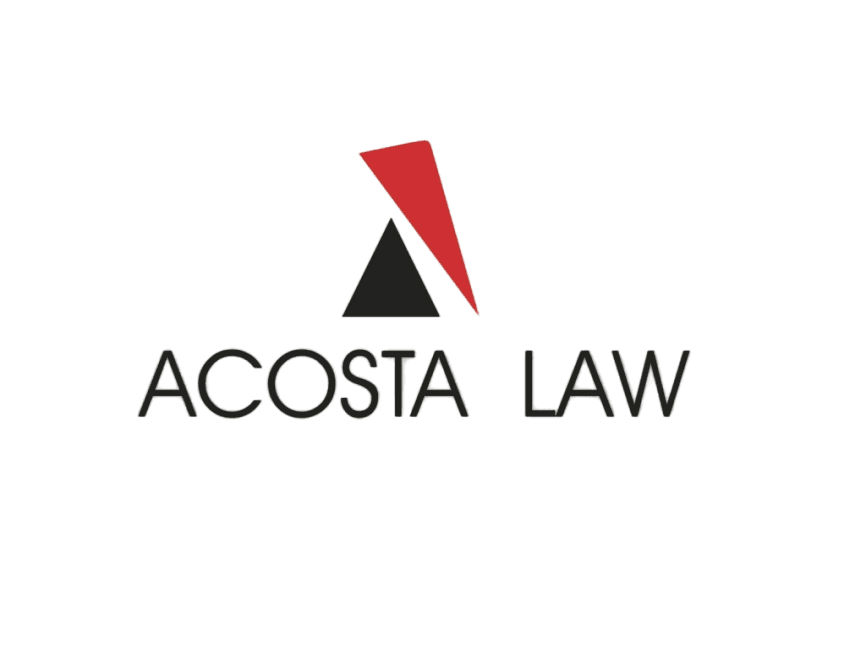Debt Settlement vs. Bankruptcy: How to Choose the Right Option in Texas
Understanding Debt Settlement and Bankruptcy
When financial difficulties arise, options like debt settlement and bankruptcy often come into consideration. Choosing between these two can be challenging, especially in Texas where specific laws and regulations apply. Understanding the differences and potential consequences of each option is crucial for making an informed decision.

What is Debt Settlement?
Debt settlement involves negotiating with creditors to settle for a reduced amount than what is originally owed. This process is usually carried out by a debt settlement company on your behalf. While this may sound appealing, it’s important to understand that debt settlement can have significant impacts on your credit score and may incur fees.
In Texas, residents have the option to settle debts directly or through a professional service. Choosing a reputable company is essential, as scams are not uncommon in this industry. It’s also worth noting that forgiven debt may be taxable as income.
Exploring Bankruptcy
Bankruptcy offers a legal pathway to eliminate or restructure debts under federal protection. The two most common types for individuals are Chapter 7 and Chapter 13 bankruptcy. Chapter 7 involves liquidating assets to pay off debts, while Chapter 13 allows for a repayment plan based on your income.

Filing for bankruptcy in Texas involves adhering to both federal and state guidelines, including asset exemptions that may differ from other states. While bankruptcy can provide a fresh start, it significantly affects your credit score and remains on your credit report for several years.
Factors to Consider When Choosing
Deciding between debt settlement and bankruptcy involves evaluating various factors:
- Financial Situation: Assess your current financial standing, including income, expenses, and total debt.
- Type of Debt: Some debts are not eligible for settlement or discharge in bankruptcy, such as student loans and child support.
- Impact on Credit: Both options affect your credit differently, with bankruptcy generally having a more severe impact.

Seeking Professional Advice
Before making a decision, consulting with a financial advisor or attorney specializing in Texas debt relief can provide valuable insights. They can help you understand the implications of each option and guide you towards the most beneficial solution based on your unique circumstances.
Consider attending workshops or seminars on debt management for additional guidance. These resources can offer information on managing finances effectively to avoid future financial distress.
The Path Forward
Ultimately, the choice between debt settlement and bankruptcy should align with your long-term financial goals and personal circumstances. Both options have their pros and cons, and what works for one person may not be suitable for another. By thoroughly researching and seeking professional guidance, you can make an informed decision that paves the way for financial recovery.
